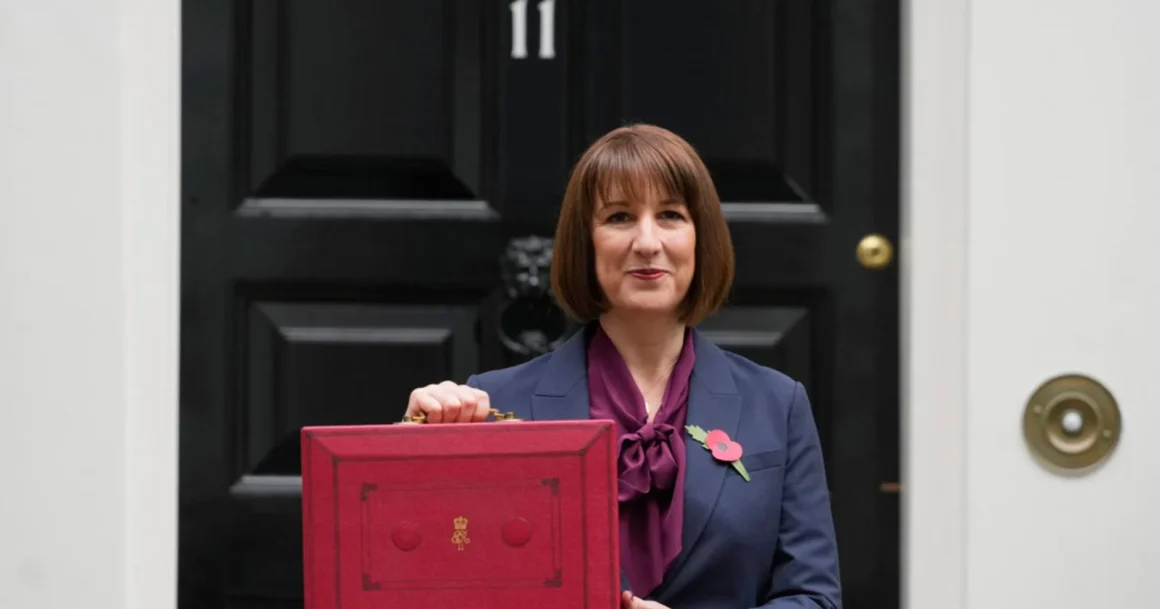

A PCS member
In a move reminiscent of the coalition government of the 2010s, Rachel Reeves has announced a sweeping 15% cut to the civil service administration budget.
Reeves’ spring statement was a clear signal to the markets that Labour will hold to their self-imposed fiscal rules by slashing the public sector and making the poorest, particularly disabled people, pay for Britain’s economic woes.
Impact on the civil service
Keir Starmer justified the announcement, describing ‘an overcautious flabby state’ and Reeves emphasised that the cuts will be directed at administrative rather than frontline staff, with health, defence and education budgets protected.
The announcement has been met with immediate concern and backlash from civil servants and their representatives. The 15% reduction in the admin budget translates to significant layoffs, reduced resources, and increased pressure on remaining staff.
Union leaders have been vocal in their opposition, warning that the cuts will lead to a deterioration in service quality and morale among civil servants. Public and Commercial Services union general secretary Fran Heathcote said: ‘The impact of making cuts will not only disadvantage our members but the public we serve and the services they rely on. We’ve heard this before under Gordon Brown when cuts were made to backroom staff and the consequences of that was chaos.’
Dave Penman, General Secretary of the FDA told ITV that ‘up to 50,000 staff’ could lose their jobs, in contrast to the 10,000 Reeves had previously suggested.
While the civil service unions have strongly criticised the Chancellor’s announcement, this will not be enough. All civil service unions must ballot their members to take industrial action against cuts to jobs and services. To win, we need to learn the lessons of the failed cost of living strike of 2022–23, and organise as rank and file members to control the strike.
Stagnation
Reeves’ announcement comes at a time of economic turbulence, with inflation rising and growth stalling. The government’s efforts to balance the budget and reduce public debt have been complicated by the lingering effects of the pandemic and global economic instability. The Chancellor’s decision to implement deep cuts to the civil service is part of a broader strategy to reign in spending and restore confidence in the UK’s fiscal position, while sticking to her promise to not borrow or raise taxes.
At the same time as announcing cruel cuts to benefits and huge job cuts, Reeves promised a £2.2bn boost to defence spending, a £2bn subsidy to private developers in the house-building sector and £3.25bn for a ‘transformation fund’ that aims to use AI to drive government efficiencies.
Labour’s hike to military spending comes in the wake of pressure from the United States on other Nato countries, as well as Trump’s betrayal of Ukraine and a concern among European states that they can no longer rely on the US military for support. Reeves’ £2.2bn is a contribution towards the government’s target of spending 2.5% of GDP on the military by 2027.
Public services are still suffering from the austerity measures of the 2010s, and neither military spending nor AI will reverse that. Cuts to the civil service will undoubtedly undermine the government’s supposed priorities like ramping up housebuilding.
There is a clear alternative open to Reeves, but one she will not take. Massive investment in public services and the welfare state could be funded by taxing the rich. For example, capital gains tax, a tax on investment profits, is only 18 per cent for basic rate tax payers and 24 per cent for higher earners. Increasing this to match the rates of income tax would raise more than £10bn. A wealth tax of just two per cent on assets over £10m would raise £24bn per year. These are not even radical taxes, and yet Labour has chosen instead to slash benefits and sack up to 50,000 public sector workers.
This is all with the aim of reassuring ‘the markets’ that Labour is a safe pair of hands for British capitalism – that they will do whatever it takes to balance the books while protecting the super-rich.
Fight austerity
Number 10 has denied reports that the policy is known as ‘operation chainsaw’ but the parallels with Musk’s DOGE are plain to see. These initial, deep cuts to the public sector and welfare state may only be the start—the government is currently undertaking a spending review and on 11 June will announce its spending plans for the next three years.
Austerity is back, and we must learn the lessons of the anti-cuts movement 15 years ago to defend public services against Starmer’s Labour. We must demand that the government tax the rich and invest in our public services and social safety-net, and force them to do it by: